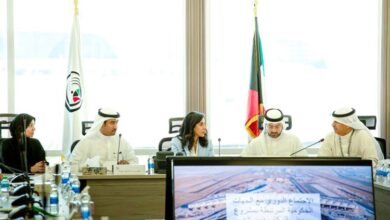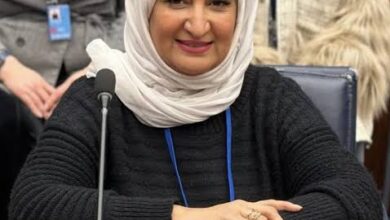Kuwait affirms global humanitarian support with Chad refugee camp field trip
The visit, conducted in collaboration with the UNHCR, Kuwaiti Ministry of Foreign Affairs, and the Abdullah Al-Nouri Charity Association, aimed to evaluate the urgent needs of Sudanese refugees escaping conflict in their country.

• As many as 8.5 million people have been displaced within Sudan due to the ongoing conflict. In the past year alone, about 100,000 refugees have sought refuge in remote areas of Chad
• There is an urgent need to move 150,000 Sudanese refugees, 77% of whom are women and children, from unsafe areas to safer locations. This relocation is vital to ensure their safety and well-being.
Kuwait has reaffirmed its steadfast dedication to supporting humanitarian causes globally, as evidenced by a recent field trip to refugee camps in Chad.
The visit, conducted in collaboration with the United Nations High Commissioner for Refugees (UNHCR), Kuwaiti Ministry of Foreign Affairs, and the Abdullah Al-Nouri Charity Association, aimed to evaluate the urgent needs of Sudanese refugees escaping conflict in their country.
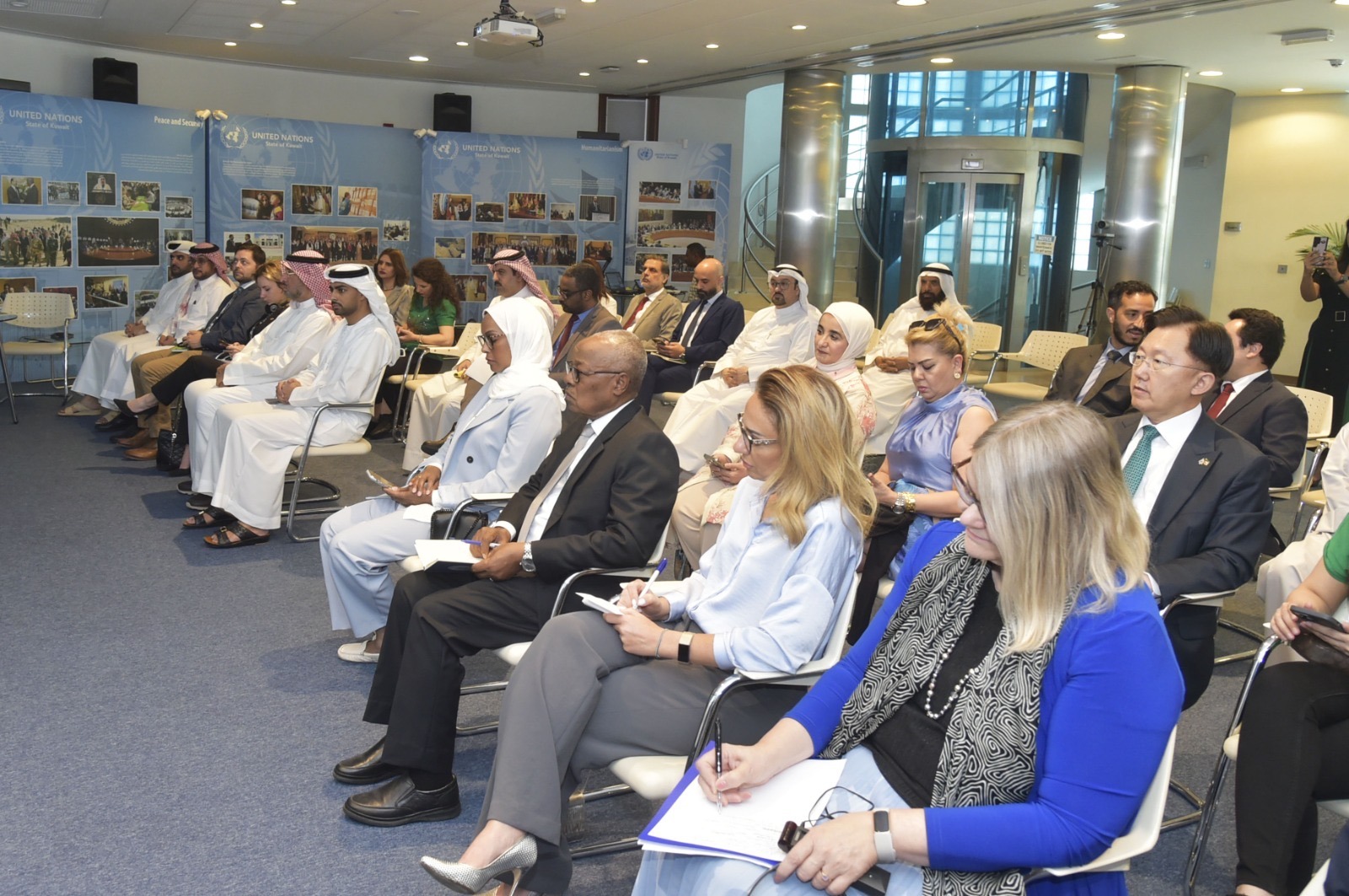
Sudan conflict displaces 8.5 million people
Nisreen Rubaian, the Representative of UNHCR to Kuwait, painted a stark picture of the refugee crisis, revealing that 8.5 million people have been displaced within Sudan due to the ongoing conflict.

In the past year alone, approximately 100,000 refugees have sought refuge in remote areas of Chad, where basic necessities are severely lacking.
“The best way to mobilize support is through direct observation,” Rubaian emphasized, underscoring the importance of firsthand witnessing the plight of refugees to galvanize action.
Kuwait’s role in humanitarian aid
The Kuwaiti delegation, led by Hessa Al-Felekawi, Director of Development and Cooperation at the Ministry of Foreign Affairs, voiced Kuwait’s steadfast backing for humanitarian endeavors.
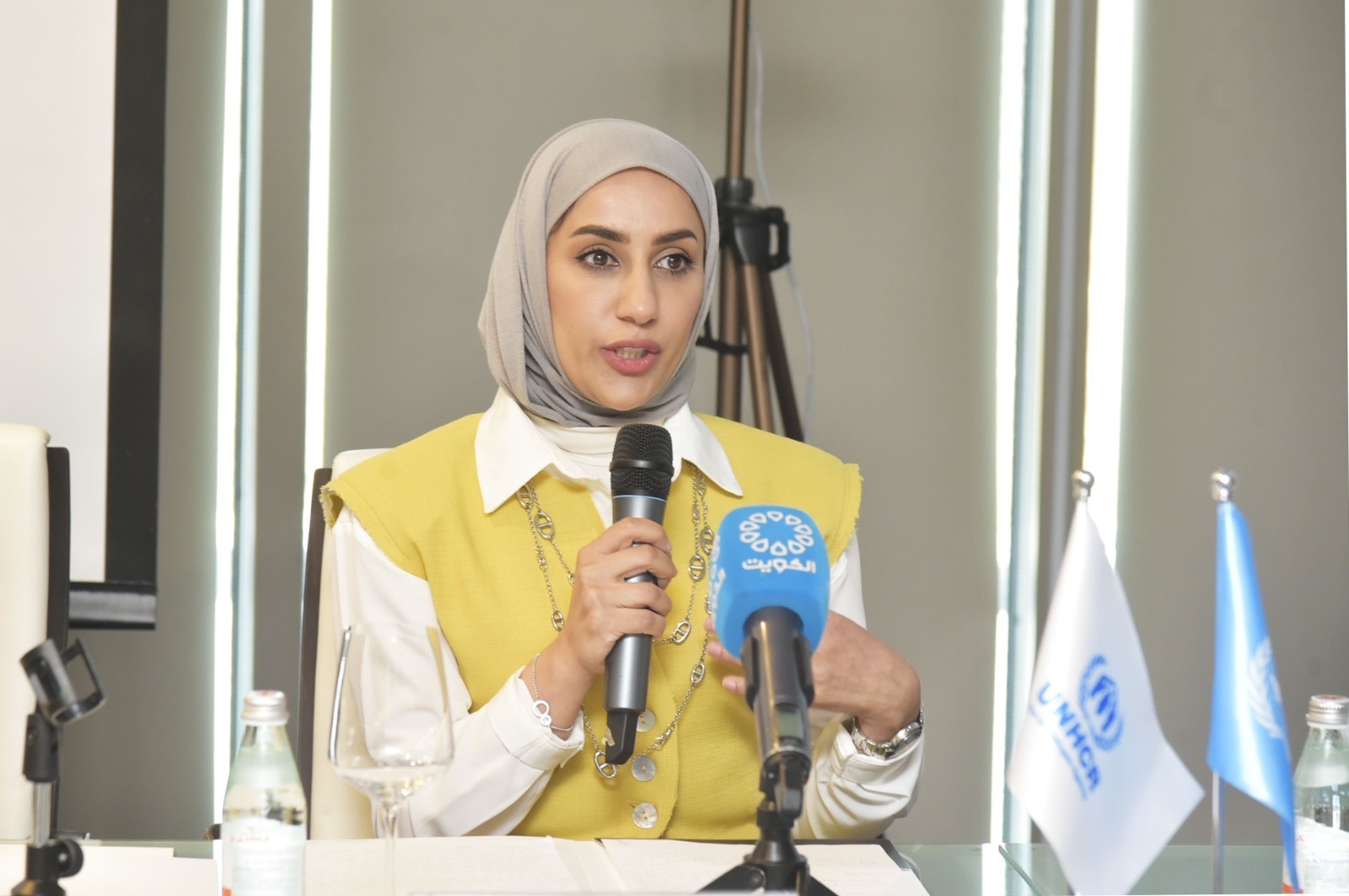
Kuwait committed to uphold its status as a global humanitarian center
Al-Felekawi, engaged in humanitarian work since 2015, emphasized Kuwait’s commitment to upholding its status as a global humanitarian center, drawing inspiration from the legacy of His Highness the late Amir Sheikh Sabah Al-Hamad, a trailblazer in humanitarian efforts.
She pointed out, “Kuwait is a supportive nation in all fields. The participation of the Ministry of Foreign Affairs in this field visit is a resounding message of Kuwait’s unwavering commitment to humanitarian causes.”
The delegation emphasized the critical necessity of relocating 150,000 Sudanese refugees, with 77% being women and children, from unsafe zones to safer areas. This relocation is essential to guarantee their safety and welfare.
Addressing Chad’s challenges and the call for global aid
His Excellency Taher Al-Nazzif, Ambassador of the Republic of Chad to Kuwait, expressed his deep gratitude to Kuwait, the UNHCR, the Ministry of Foreign Affairs, and the Abdullah Al-Nouri Charity Association for their field visit to the refugee camps. He emphasized that this initiative was a direct response to Chad’s request for assistance, as the country is struggling to cope with the influx of refugees.
Chad hosts over one million Sudanese refugees
“Chad cannot accommodate any further influx of refugees. The country already hosts over one million Sudanese refugees since the crisis began,” ambassador Al-Nazzif said.
Abdullah Al-Nouri Charity Association’s efforts
Mr. Jamal Al-Nouri, Chairman of the Board of Directors of the Sheikh Abdullah Al-Nouri Charity Association, discussed the organization’s initiatives in aiding refugees in Chad. He disclosed that in mid-May, the association, working alongside the UNHCR, conducted a visit to Chad to evaluate the conditions of around half a million Sudanese refugees living there.
“The number of refugees is expected to increase if the situation in Sudan continues to deteriorate,” Al-Nouri warned.
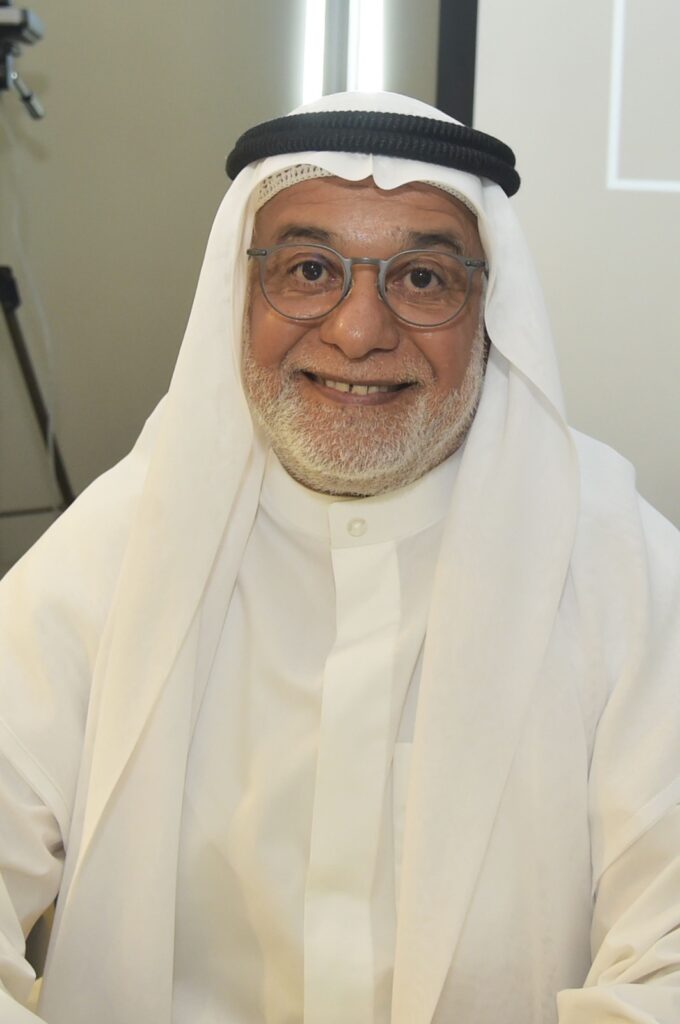
Al-Nouri praised the Kuwaiti government for its unwavering support, highlighting that it is the primary donor to the association’s relief efforts. He also emphasized the transparency measures in place to ensure that aid reaches the intended beneficiaries.
“We select our partners from international or local organizations with whom we have been working for years. In addition, there are branches of some Kuwaiti charities, and in some cases, there are auditors if the financial aid is large.”
“Kuwait’s leadership in humanitarian action serves as an inspiration to others, demonstrating that compassion and support know no borders,” Al-Nouri added.









